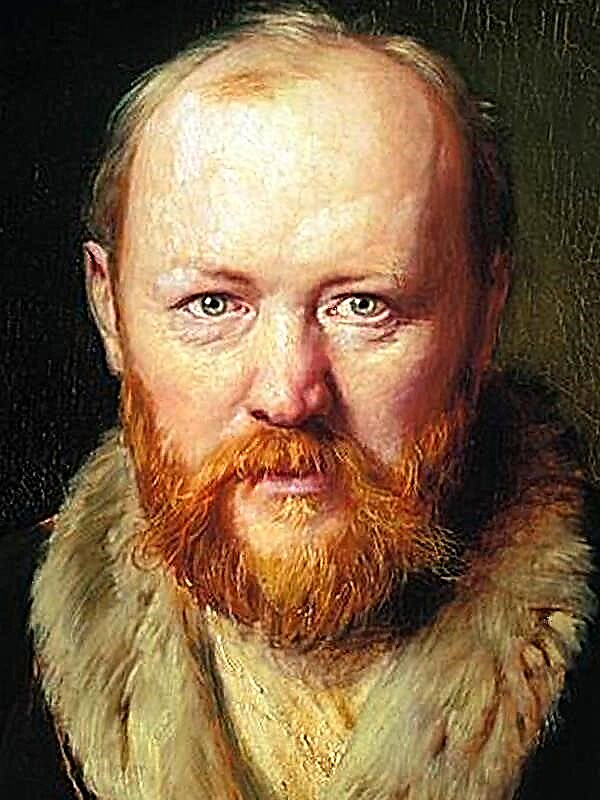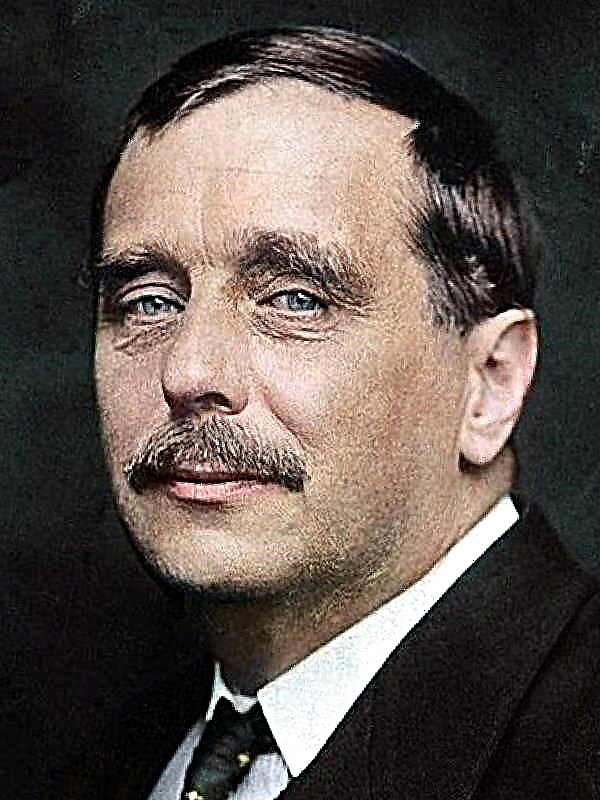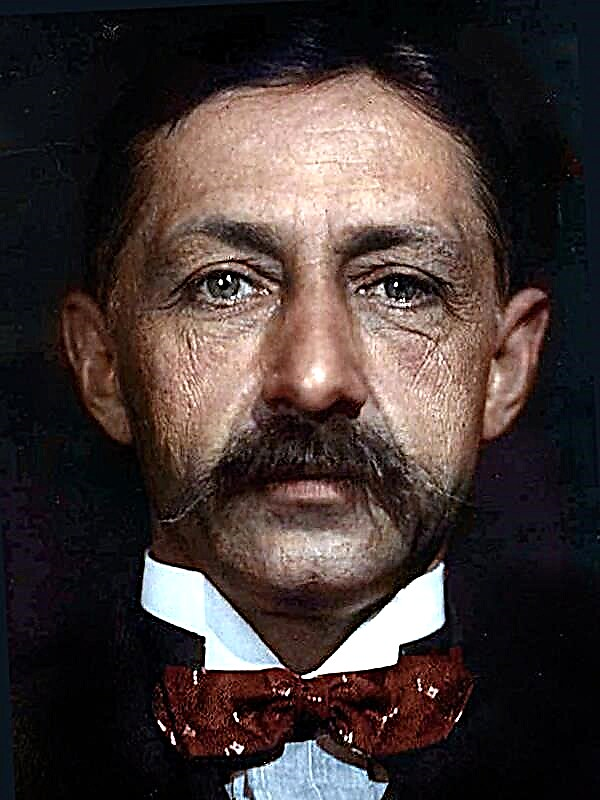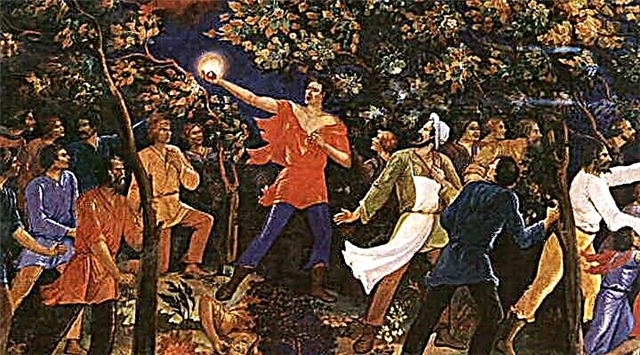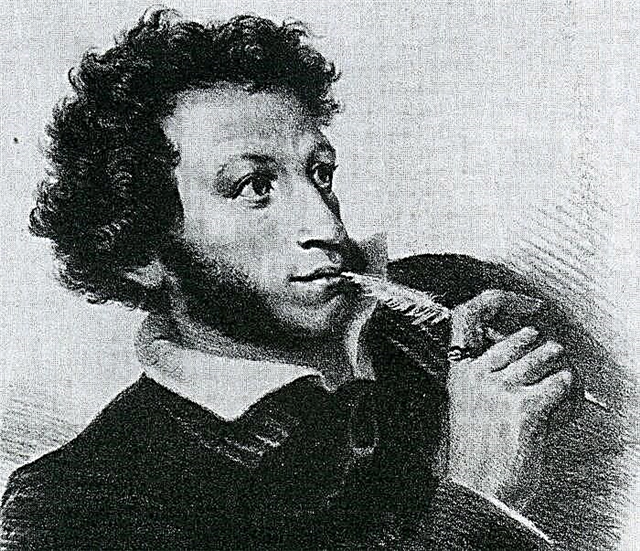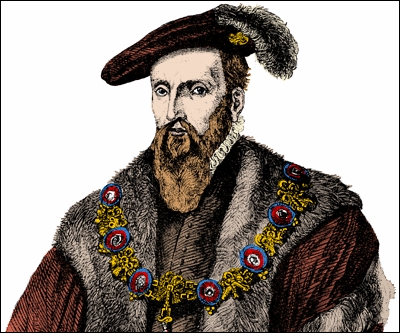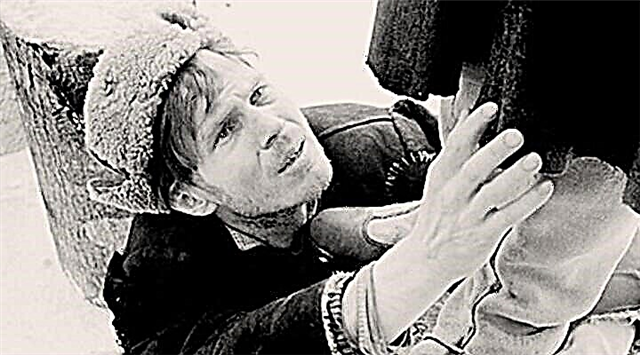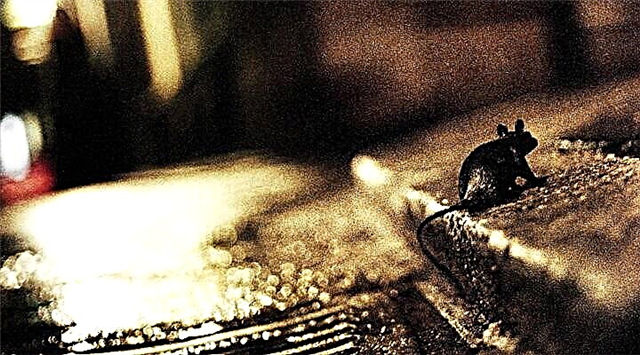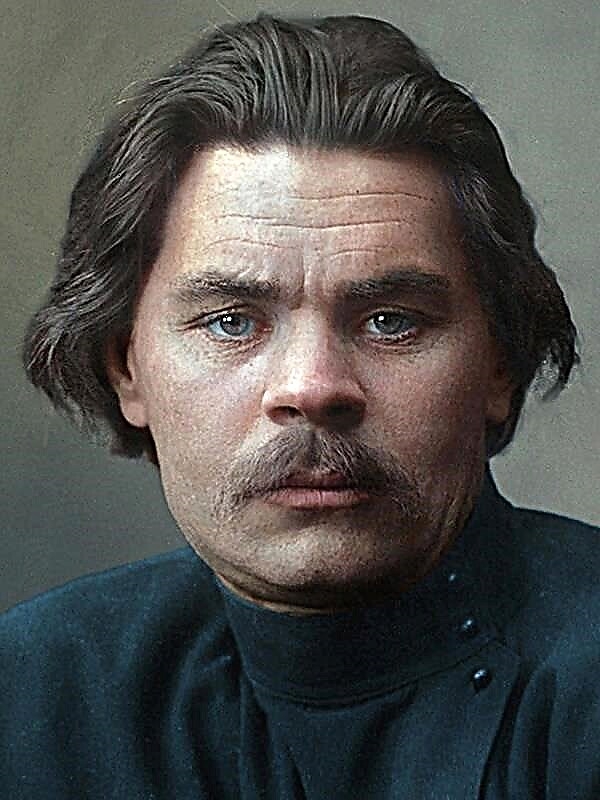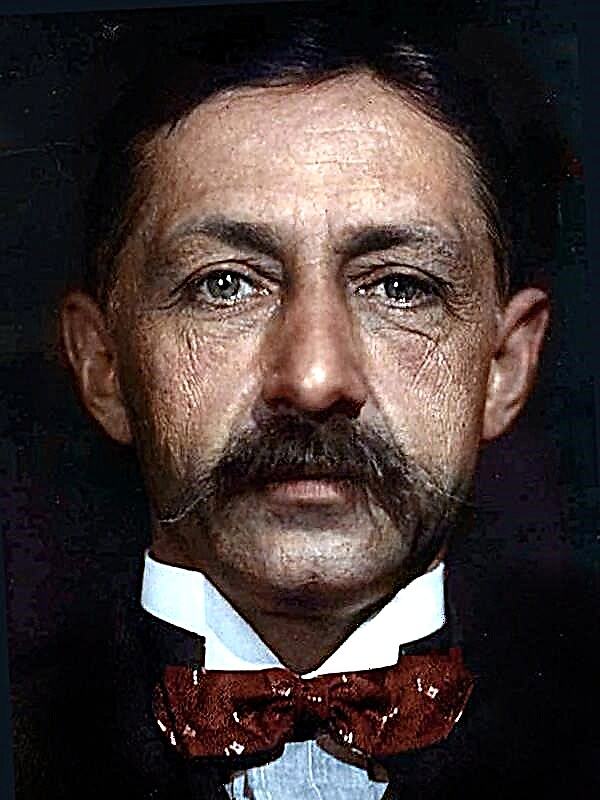(344 words) I.S. Turgenev, F.M. Dostoevsky, L.N. Tolstoy created literary works in the direction of realism. Their novels and stories often reflect the reality of the time in which they were written. So, if in the "Sevastopol Stories" L.N. The reader will see Tolstoy a different view of the events of the Crimean War (the writer reflects both the courage of the soldiers and the meaninglessness of the war itself), then in the novel by I.S. Turgenev's “Fathers and Sons” we will be able to follow the movement of social thought in the 1860s on the example of the protagonist - Yevgeny Bazarov.
Eugene is a hero of his era, an authentic phenomenon of that time. I.S. Turgenev created a psychological novel, so special attention should be paid to the details, speeches of the heroes, their portrait (methods of psychologism). So, Bazarov is characterized by such qualities as negligence, sharpness, categoricalness. They appear in everything: in dirty and untidy clothes, in rude statements, in the desire to argue and impose their convictions to interlocutors.
According to the estate, Eugene is a heterodox, and this is no coincidence, because at that time this estate developed much more actively than the nobility, which had stagnated in one place. In Russian literature, there are many heroes - raznochintsy: Chatsky (AS Griboedov “Woe from Wit”), Stolz (I. Goncharov “Oblomov”), Grisha Dobrosklonov (N. A. Nekrasov “Who can live well in Russia” ) All characters are united by such qualities of character as "self-confidence and intelligence." Bazarov can also be attributed to an active and intelligent person. Therefore, he cannot share the "literary" tastes of Nikolai Petrovich (the hero liked to read Pushkin). Instead of idle thought, he spends time acquiring practical skills. And his example inspires many people, even though Eugene himself was not eager to become an authority. So, the literary critic I. n. Sukhikh said: "Sitnikov is a monkey of nihilism." The characteristic is true, because the character copied Bazarov’s behavior, not understanding what its essence is. He was able to notice only external details. So, although Eugene himself did not share his enthusiasm for conversation and writing, he still became an image-symbol, personifying and inspiring an entire generation.
Thus, Eugene embodied the best and worst features of his time: he boasted of his education and arrogantly shut up his interlocutors, imposing his truth. However, the same Bazarov in the finals realized that he was attracted to people, that he also knew how to love. Nature proved to the character the worthlessness and senselessness of his ideas. He was dying an enlightened and sensible man who had cast off the arrogance of youth and learned the wisdom of maturity.

